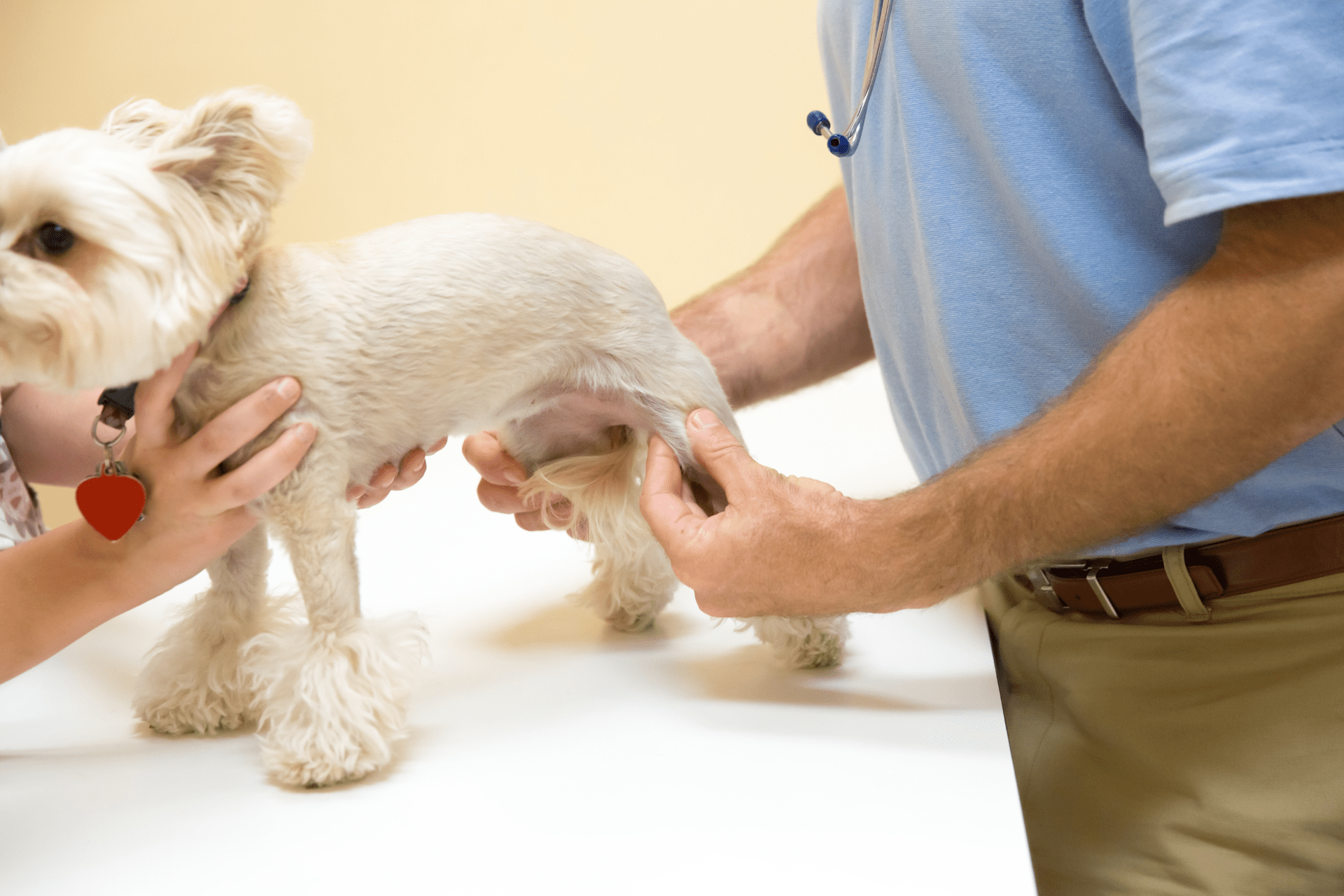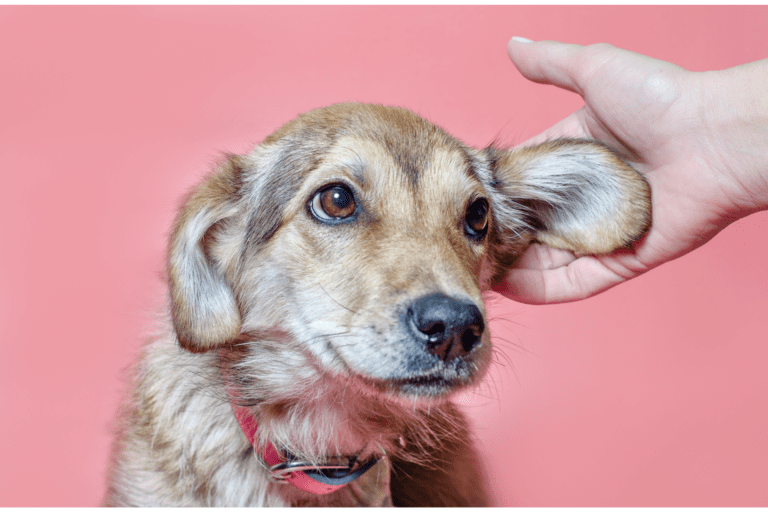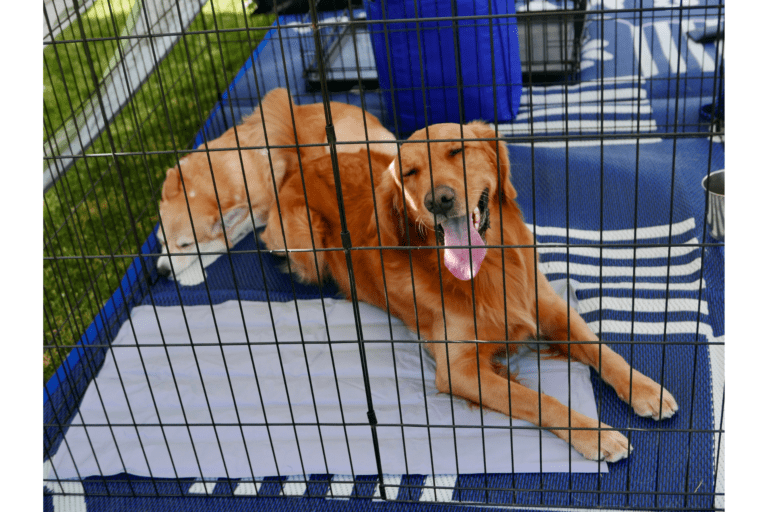How Can I Care For My Dog’s Joints?
You can care for your dog’s joints just as you might care for your own. Much like human joints, dog joints are complex structures that allow for movement and stability. Maintaining joint health is crucial, especially as dogs age or for specific breeds predisposed to joint issues. Let’s delve into the topic:
Types of Joints in Dogs:
- Ball and Socket Joints: These are found in the hip and allow for a wide range of motion.
- Hinge Joints: Located in the elbows and knees, they enable a back-and-forth motion.
- Gliding Joints: Found between the flat bones of the spine.
- Pivot Joints: Allow for rotational movement and can be found between the first two neck vertebrae.
Common Joint Issues in Dogs:
- Osteoarthritis (OA): Also called degenerative joint disease, this is a progressive condition where the cartilage in a joint deteriorates over time, causing pain and reduced mobility.
- Hip Dysplasia: A genetic condition where the hip joint doesn’t develop correctly, leading to arthritis and pain.
- Elbow Dysplasia: A complex joint disorder in the elbow, common in larger breeds.
- Luxating Patella: A condition where the kneecap moves out of its usual location.
- Cruciate Ligament Tears: Injuries to the ligaments in the knees.
Supporting Joint Health:
- Joint Supplements: Supplements like glucosamine, chondroitin, MSM, and omega-3 fatty acids can support joint health and reduce inflammation. Examples include brands like Dasuquin, Cosequin, and Nutramax.
- Weight Management: Excess weight puts additional strain on joints. A healthy weight can reduce the risk of joint issues.
- Physical Therapy: Techniques like massage, water therapy, and targeted exercises can help maintain joint function and reduce pain.
- Medications: Nonsteroidal anti-inflammatory drugs (NSAIDs) like carprofen or meloxicam can reduce pain and inflammation. Always consult a vet before giving any medication.
- Orthopedic Beds: Provide better support for dogs, especially those with arthritis.
- Regular Exercise: Consistent, low-impact exercise like walking or swimming can help keep joints active and muscles strong.
Prevention:
- Balanced Diet: Ensure your dog gets a balanced diet with the proper nutrients for bone and joint health.
- Avoid Over-exercising Puppies: Young dogs have developing joints. Avoid activities that strain their joints until they mature.
- Regular Check-ups: Regular vet visits can help detect and address joint issues early.
If you notice signs of joint pain in your dog, such as limping, stiffness, difficulty standing up, or reduced activity levels, it’s crucial to consult a veterinarian. They can provide an accurate diagnosis and recommend appropriate treatments or interventions.







